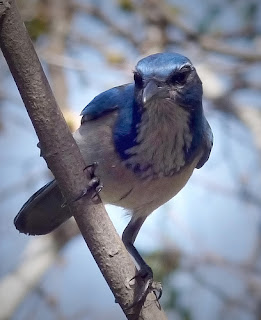 |
| NASA Space Shuttle Atlantis. Source: Wikimedia Commons |
People have been taking about commercializing space flight for years, but according to the BBC article “Runway opens at worlds first spaceport” Sir Richard Branson (the Virgin group) is going to make it a reality within the next few weeks.
Of course you don’t get to spend any real time in space, they are marketing a three hour journey where you get launched into space and then come back. If you have the money though it would be pretty cool to be able to say that you’ve been to space. At least 300 people at $200,000 each think so, and have already signed up for the flight.
